BELAGAVI, India: An adapted approach is required to train children with visual impairment in oral hygiene and to motivate them to care for their teeth regularly. Researchers at the KLE Academy of Higher Education and Research in Belagavi have tested different approaches to oral hygiene training and compared their effectiveness.
For the study, 90 visually impaired children between the ages of 12 and 15 were selected and randomly assigned to three equal groups. The first group was trained with verbal and tactile stimuli and playful teaching methods, the second one was trained using braille, while the third group received a combination of these two approaches.
The researchers tested the dental hygiene of the children by assessing plaque and gingival status at different intervals. The first assessment was after 21 days and the final one took place after nine months. In addition, before and after the training, the children had to fill out questionnaires which recorded their knowledge and practice of oral hygiene and their attitude towards it.
The researchers found that the combined hygiene training in the third group reduced the children’s plaque and gingival scores by 55 and 52 per cent compared with the other two groups. In addition, not only did the children’s practical implementation improve, but their knowledge of the subject and their attitude towards it did too.
The study, titled “Effectiveness of different oral health education interventions in visually impaired school children”, was published in the March 2019 issue of Special Care in Dentistry.
VANCOUVER, British Columbia, Canada/COLUMBUS, Ohio, U.S.: The composition of the oral microbiome is critically important in oral health and disease, but the...
JACKSONVILLE, Fla., U.S.: Scientists have recently discovered that an oral rinse referred to as magic mouthwash significantly reduces the pain caused by ...
Târgu Mureș, Romania: Most research focuses on high-cost intra-oral scanners, but there is insufficient evaluation of cheaper alternatives to inform their...
ATLANTA, U.S.: Poor oral health and hygiene are known risk factors for oral squamous cell carcinoma (OSCC). Researchers have now found that poor oral health...
Too often, dental students have to rely on textbook examples or only receive limited practical training when it comes to improving their oral hygiene ...
LONDON, UK: As dentistry becomes more technologically advanced, the importance of having an informed patient continues to grow. With this in mind, a new ...
LEEDS, UK: Xerostomia is a prevalent condition especially among older adults, cancer patients and people taking multiple medications. Researchers at the ...
SÃO PAULO, Brazil: Sugar substitutes have been promoted as a healthier alternative because of their low cariogenic potential and role in reducing caries ...
DUBAI, UAE: Improved medical care has led to a higher life expectancy for individuals with Down’s syndrome, resulting in an increased need for dental care...
SEOUL, South Korea: Previous research has suggested that poor oral hygiene leads to bacteria in the blood, causing inflammation in the body. This increases ...
Live webinar
Wed. 4 March 2026
12:00 pm EST (New York)
Munther Sulieman LDS RCS (Eng) BDS (Lond) MSc PhD
Live webinar
Wed. 4 March 2026
1:00 pm EST (New York)
Live webinar
Wed. 4 March 2026
8:30 pm EST (New York)
Lancette VanGuilder BS, RDH, PHEDH, CEAS, FADHA
Live webinar
Fri. 6 March 2026
3:00 am EST (New York)
Live webinar
Mon. 9 March 2026
12:30 pm EST (New York)
Live webinar
Mon. 9 March 2026
3:00 pm EST (New York)
Live webinar
Tue. 10 March 2026
4:00 am EST (New York)
Assoc. Prof. Aaron Davis, Prof. Sarah Baker



 Austria / Österreich
Austria / Österreich
 Bosnia and Herzegovina / Босна и Херцеговина
Bosnia and Herzegovina / Босна и Херцеговина
 Bulgaria / България
Bulgaria / България
 Croatia / Hrvatska
Croatia / Hrvatska
 Czech Republic & Slovakia / Česká republika & Slovensko
Czech Republic & Slovakia / Česká republika & Slovensko
 France / France
France / France
 Germany / Deutschland
Germany / Deutschland
 Greece / ΕΛΛΑΔΑ
Greece / ΕΛΛΑΔΑ
 Hungary / Hungary
Hungary / Hungary
 Italy / Italia
Italy / Italia
 Netherlands / Nederland
Netherlands / Nederland
 Nordic / Nordic
Nordic / Nordic
 Poland / Polska
Poland / Polska
 Portugal / Portugal
Portugal / Portugal
 Romania & Moldova / România & Moldova
Romania & Moldova / România & Moldova
 Slovenia / Slovenija
Slovenia / Slovenija
 Serbia & Montenegro / Србија и Црна Гора
Serbia & Montenegro / Србија и Црна Гора
 Spain / España
Spain / España
 Switzerland / Schweiz
Switzerland / Schweiz
 Turkey / Türkiye
Turkey / Türkiye
 UK & Ireland / UK & Ireland
UK & Ireland / UK & Ireland
 Brazil / Brasil
Brazil / Brasil
 Canada / Canada
Canada / Canada
 Latin America / Latinoamérica
Latin America / Latinoamérica
 USA / USA
USA / USA
 China / 中国
China / 中国
 India / भारत गणराज्य
India / भारत गणराज्य
 Pakistan / Pākistān
Pakistan / Pākistān
 Vietnam / Việt Nam
Vietnam / Việt Nam
 ASEAN / ASEAN
ASEAN / ASEAN
 Israel / מְדִינַת יִשְׂרָאֵל
Israel / מְדִינַת יִשְׂרָאֵל
 Algeria, Morocco & Tunisia / الجزائر والمغرب وتونس
Algeria, Morocco & Tunisia / الجزائر والمغرب وتونس
 Middle East / Middle East
Middle East / Middle East
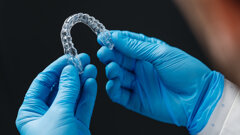
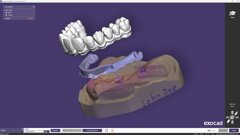


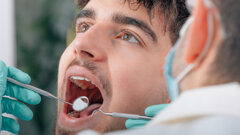





















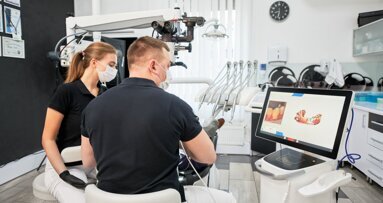
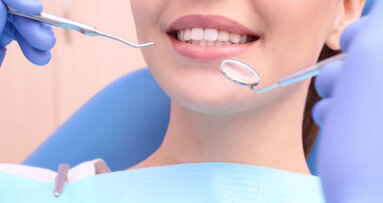


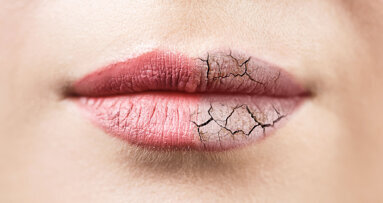


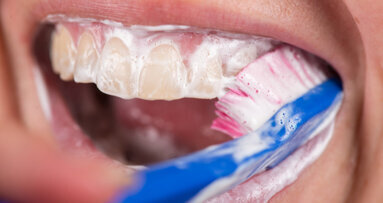









To post a reply please login or register